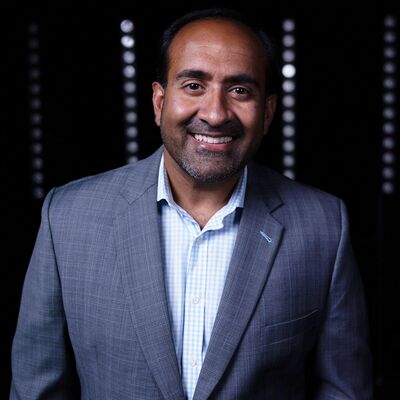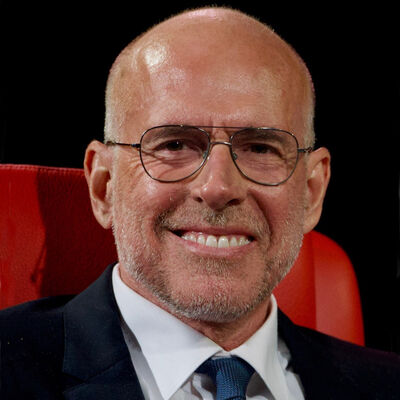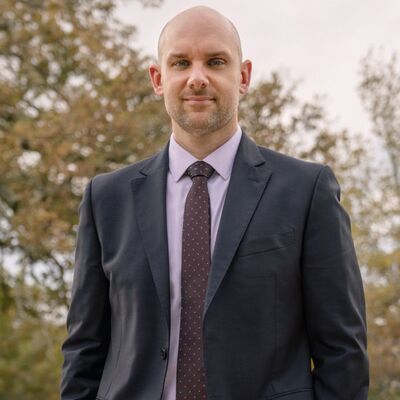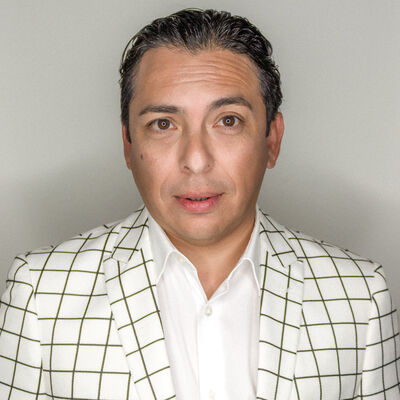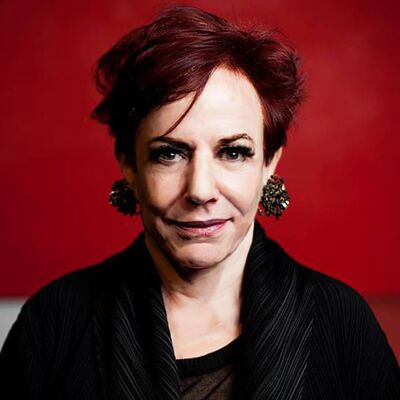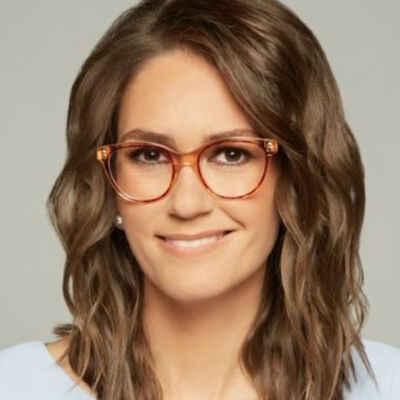Psychologist, Professor of Marketing at UCLA Anderson
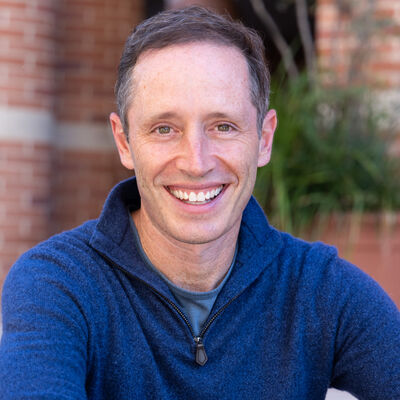
Hal Hershfield: Biography at a Glance
- Psychologist Hal Hershfield studies how thinking about time transforms emotions and alters people's judgments and decisions.
- A professor of Marketing and Behavioral Decision Making at UCLA Anderson School of Management, his research concentrates on the psychology of long-term decision-making and how time affects people's lives — especially now when Americans live longer and save less.
- In addition to his academic work, he has been a consultant to Prudential's "Bring Your Challenges" campaign, the Consumer Financial Protection Bureau, Merrill Lynch, the Principal Financial Group, and many others.
- His first book, Your Future Self: How to Make Tomorrow Better Today, explores how connecting with our future selves can both improve our lives right now and help us achieve our goals and hopes for the future.
Videos
Biography
Hal Hershfield is a professor of marketing, behavioral decision‑making, and psychology at UCLA’s Anderson School of Management, where he has won numerous awards for his teaching and research. His research on future selves has received widespread attention in outlets such as NPR, the New York Times, the Wall Street Journal, the Boston Globe, the Washington Post, and The Atlantic. Hershfield's research has been published in prestigious business, psychology, and general science academic journals, as well as in the Harvard Business Review, Scientific American, and Psychology Today.
One of Hershfield's most well-known discoveries suggests that when people are confronted with their "future selves," they experience an emotional sense of connection that can influence long-term financial and ethical decision-making. Armed with his research, he suggests people who can step outside of the here-and-now in a meaningful way can better see how the past, the present, and the future are connected. With this knowledge in hand, Hershfield believes he can help people make the decisions they say they want to make to become the future self they envision. From a business point of view, Hershfield's research unlocks critical insight into consumer thinking and decision-making. His first book, Your Future Self: How to Make Tomorrow Better Today, explores how connecting with our future selves can both improve our lives right now and help us achieve our goals and hopes for the future.
As an educator who strives to create an inclusive environment in his classroom, Hershfield is masterful in engaging his audiences through pop culture and relatable, outside of specialized framework examples. With his approach, his message resonates with various industries.
Hershfield completed his Ph.D. at Stanford University, and prior to his position at UCLA Anderson, he taught at NYU Stern.
Topics
We've all had the desire to travel through time and see what our lives will be like later in life. While we want the best possible future for ourselves, we often fail to make decisions that would truly make that a reality. Why do we choose steak over vegetables at dinner, waving off concerns about high cholesterol? Why do we splurge on luxury cars rather than save for retirement? Why can’t we stick to our exercise programs? Why are so many of us so disconnected from our future selves?
Based on over a decade of groundbreaking research, Professor Hal Hershfield explains that, in our minds, our future selves often look like strangers. Many of us view the future as incredibly distant, making us more likely to opt for immediate gratification that disregards our health and well-being in the years to come. In this conversation, Professor Hershfield helps audiences understand how to connect with their future selves in order to balance living for today and planning for tomorrow. He presents the science, describes the mental mistakes we make in thinking about the future, and gives us practical advice for imagining our best future so that we can make that a reality.
